Hunter Education
Hunting Violations in Colorado
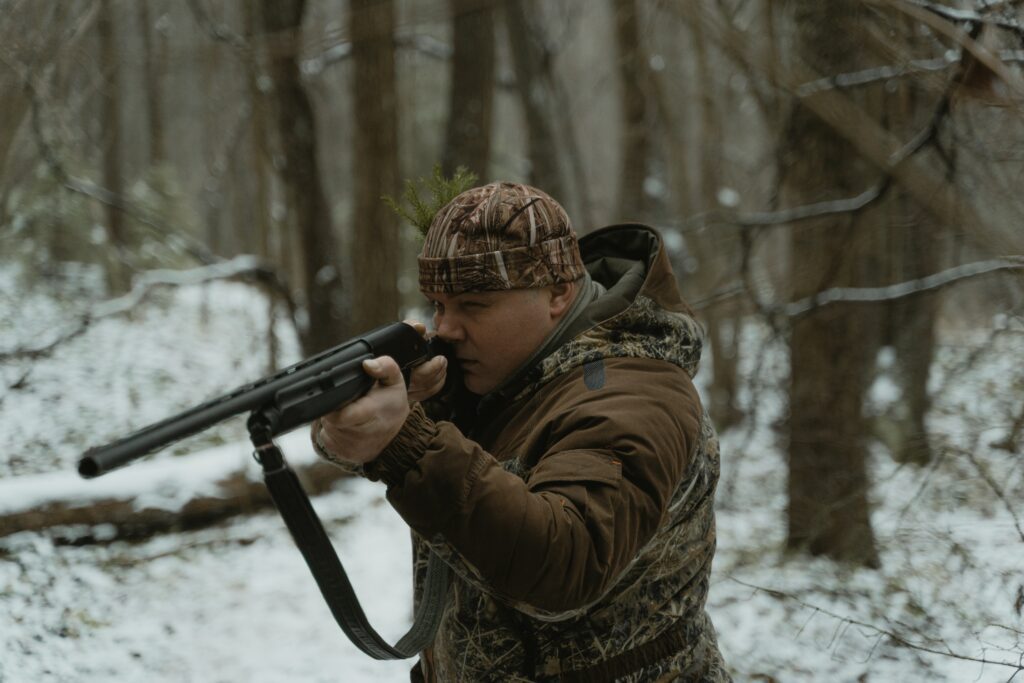

When you are hunting in Colorado, your compliance is required with many wildlife laws. These regulations exist to promote safety and to protect a valuable resource – our state’s wildlife. Officers issue hundreds of tickets every year for hunting law violations. Many of these costly citations could have been avoided if hunters were familiar with state wildlife regulations.
What Is Samson’s Law?
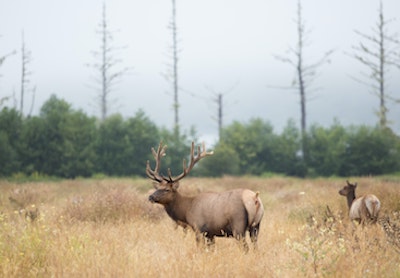

Colorado prides itself on its diverse natural wildlife, so it is only fitting that state law acts to preserve and protect it. Hunters must be aware of the various laws around hunting wildlife in the state in order to avoid fines and penalties. One of the more interesting but lesser-known laws that hunters must observe is Samson’s Law. Samson’s law places stiff penalties on those who illegally hunt trophy animals so we can protect the lives and populations of Colorado wildlife. If you are a keen hunter in Colorado, keep reading to find out how this law may affect you.
Don’t Take Shed Antlers in Winter and Early Spring in CO
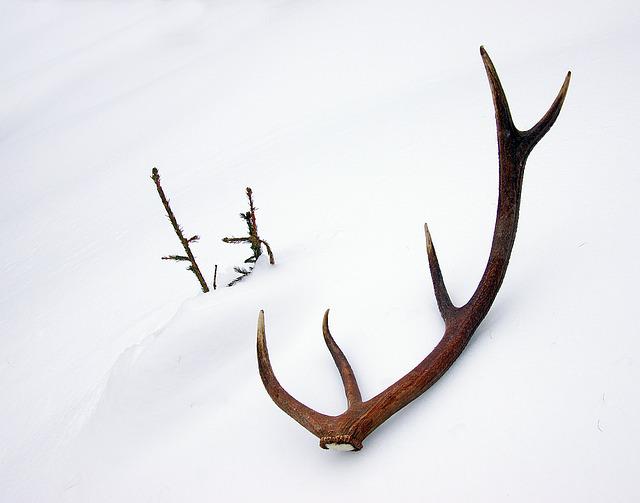

Mule deer are majestic creatures with beautiful antlers that they naturally shed in the wintertime. Many nature-lovers and enthusiasts enjoy collecting these marvelous artefacts. Unfortunately, collecting mule deer antlers in winter can disrupt their tranquility and cause them physical harm.
It is harmful to gather the antlers during the winter and early spring when food is scarce, and the animals are trying to preserve their energy. That’s why people are legally prohibited from collecting shed antlers and horns from January 1 to April 30.
What Are the Most Common Hunting Violations in CO?
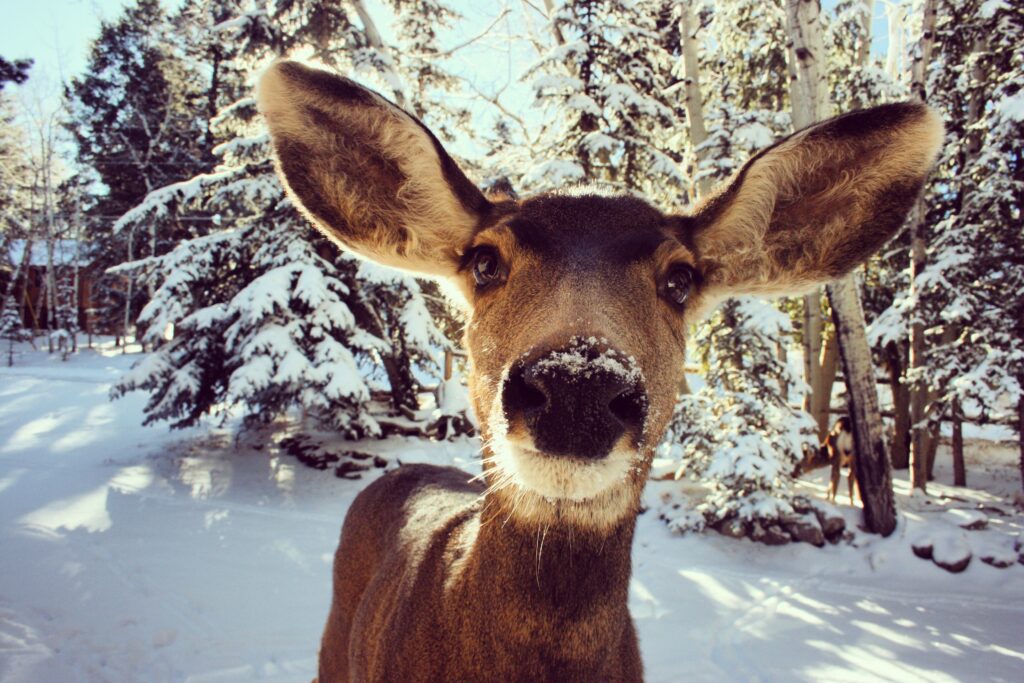

Hunting is a big part of our culture in Colorado. It’s a tradition that has been practiced by our citizens for generations, and it was essential to the survival of our forebearers.
There are certain precautions that must be taken to make sure hunting is safe and humane. When hunters don’t follow the rules, people can get hurt or killed, private property can be damaged, and animals may be subject to unnecessary suffering. Get to know the rules and respect people and wildlife at all times.
What Happens If You Violate a Colorado Wildlife Law?
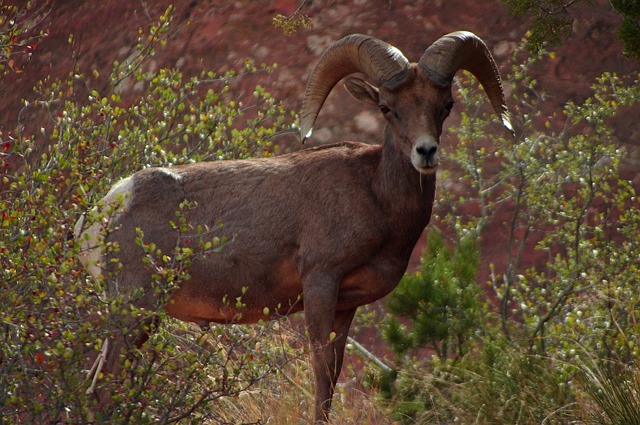

Even the most diligent hunters can make mistakes. Colorado’s hunting regulations can be quite complicated – hunting a certain species of animal might be allowed one season, but not allowed the next. In addition to being aware of which game can be hunted during each specific season, hunters must also be well-versed in other types of rules and regulations. It is not unusual for hunters with the best of intentions to receive a fine from $50 to $10,000-plus, depending on the violation in question. While most hunters are conscientious and careful, in Colorado, they are likely to unwittingly commit a violation of some sort.
2021 Colorado Big Game Brochure Now Available
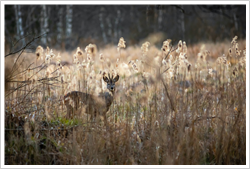

Hunter’s the 2021 Colorado Big Game Hunting Brochure is out! Order one, pick one up at your local CPW office or review it online. This is a must for every hunter, read it, know it, live by it, because you are required to understand the laws for hunting in Colorado. Ignorance of the law is not an excuse; the Colorado Parks and Wildlife officer’s will be out, and they will be checking you to see if you are following the laws. Knowing the laws will not only help you to potentially avoid receiving a citation, but it will make for a safer hunt, for not only you but everyone else that is in the field!
Title 18 May Affect Your Privilege to Hunt and Fish
Did you know some criminal convictions under Colorado’s Criminal code codified in Title 18 may affect your privilege to hunt and fish? Don’t get caught in that trap!
Within Colorado’s Parks and Wildlife code codified in Title 33, there is a specific provision that provides for a person who has been convicted of any violation of title 18, C.R.S., that was committed while hunting, trapping, fishing, or engaging in a related activity that would total 20 or more points against the license, to trigger suspension proceedings with the Colorado Parks and Wildlife Commission.
Don’t become a target. Contact Welsh Law, LLC attorney Jennifer Hayden to advise you of collateral consequences regarding your privilege to hunt and fish.
Importance of Seeking Legal Counsel After an Accusation of a Hunting Violation
Colorado is a state that takes wildlife seriously. The state has many laws regarding conduct outlined in its official statutes. Specifically, the legislation in the Wildlife and Parks and Outdoor Recreation laws, Article 6 describes the general provisions of what is considered a punishable offense.
In total, these statutes define what prosecutors and state officials regard as violations for improperly taking wildlife, carrying the wrong hunting provisions, and using computer-assisted remote hunting. They also describe the extent of punishment you could face if you are accused of violating one of these hunting laws.
According to §33-6-103, if you are caught and convicted of violating any hunting statutes, each violation shall “extend to and include every part of such wildlife, and a violation as to each animal or part thereof shall be a separate offense.” Two or more offenses could be charged in the same complaint, information, or indictment, and any proof as to part of an animal is sufficient to sustain a charge as if you had the whole animal. If convicted, you could also face hefty fines and a suspension of your license privileges.
If hunting is what you love, don’t take risks regarding your ability to continue doing it. You need an experienced Colorado wildlife defense attorney to defend your rights and your hunting privileges. Our lawyers’ first-hand hunting experience allows them to provide our clients with nuanced legal representation. We understand what you are going through, and we have assisted many hunters with various legal issues, such as Federal Lacy Act Violations, trespassing charges, and hunting without a permit. Whether you want to prepare for hunting season or have encountered an issue during hunting season, we can help. Let us take care of all the details and create a strategy that is custom-made for your defense.
Contact us at (720) 836-1777 or fill out our online form to schedule your free case evaluation today.
Checkpoint Ahead – You better CHECK YOUR WILDLIFE because law enforcement is!
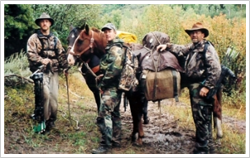

Is that a DUI sobriety check ahead? Nope that is a Wildlife Checkpoint!
Colorado Parks and Wildlife, is conducting one of the largest wildlife check stations in the state’s history. The CPW has set up a checkpoint near Idaho Springs and with the assistance of over 200 law enforcement officers from eight separate agencies in three states are operating around-the-clock fish and game checkpoint. This is only one checkpoint, but don’t be surprised when these checkpoints become the norm in the future.
Colorado law states: “The division is authorized to establish check stations…Persons who encounter check stations, whether in possession of wildlife or not, shall stop and produce licenses issued by the division, firearms, and wildlife for inspection by division personnel. Any person who violates this section is guilty of a misdemeanor …”
If you get stopped and checked you better know your rights, because anything you say to the law enforcement officers “can and will be used against you”.
Colorado hunting laws also state that “Any person who hunts…, or possesses wildlife for any purpose shall produce all applicable licenses issued to him by the division, all firearms, all records required to be maintained …, and any personal identification documents when requested to do so by a district wildlife manager or another peace officer.
What are your rights as a hunter if stopped and questioned at one of these new hunting checkpoints? Contact an attorney at Wildlife Lawyers immediately to understand all of your rights as a Colorado outdoorsman.
You should always be polite, courteous, and cooperate within the bounds of your rights when interacting with a wildlife officer or peace officer. But if they start to ask you questions or interrogate you remember you have a right to remain silent and you have a right to an attorney. Know your rights ahead of time. Wildlife officers do not have to advise you of your rights if you are not in custody (i.e. a checkpoint). As a hunter you must educate yourself with the appropriate rules and regulations regarding hunting in Colorado. You must educate yourself with what you must produce when asked and what you do not have to produce when asked at a checkpoint.
The general rule is that a checkpoint is not the place to “come clean” with potential wildlife violations (crimes) you committed regardless if the officer says it will be better for you to tell them what happened. Wildlife officers are also criminal investigators. They are investigating potential wildlife crimes and anything you tell them may just help prove their case against you.
Officers may claim that things will go easier on you if you just come clean, but the reality is they will use what you say (admission) to prepare a case against you and you will be charged with a wildlife crime. Yes, wildlife tickets are crimes! Remember if you are convicted of a wildlife offense you likely will have a criminal conviction on your record, and you will have to pay hundreds if not thousands of dollars in fines and costs, and you could lose your hunting privileges. Under Colorado law, depending on what you are convicted of, you could lose your hunting privileges for anywhere from 1 year to a lifetime suspension (to include being suspended in the interstate wildlife compact states – 32 other states).
WildlifeLawyers.com has been representing big game hunters and fishermen throughout Colorado for over a decade. Our attorneys are former wildlife prosecutors, judges, and federal and state criminal defenders. Call our attorneys at 800-817-1106 for a free consultation today if you have any questions about your rights in the field.
The Legalities of “Walkie Talkie” Use While Hunting
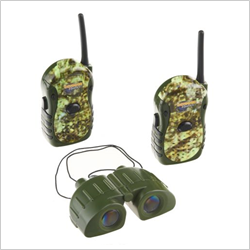

Several clients have asked about the legality of "walkie-talkie" use or use of other electronic devices while hunting. For example, an elk hunter asked me if he would be violating Colorado’s wildlife laws if he and his son used "walkie-talkie’s" to communicate their locations while hunting on opposite sides of a creek. Of course, the hunter’s concern was safety while hunting and my answer was that this would not be an illegal use of an electronic device.
The statute he was referring to was C.R.S. 33-6-124(3), which states as follows: "it is unlawful for two or more people on the ground, in a motor vehicle, or in a vessel to use electronic devices to communicate information in the furtherance of a violation of Articles 1 to 6 of this title or of a commission rule. A person who violates this subsection (3) is guilty of a misdemeanor, and upon conviction thereof, shall be punished by a fine of two hundred dollars and an assessment of 15 license suspension points." Of note, if a person accumulates 20 suspension points over a period of five consecutive years, the commission may suspend their license to hunt and fish for up to five years.
It would not be illegal for hunters to use "walkie-talkies" to communicate their locations. It is not illegal for an individual to advise another that "there is a herd of elk coming your way." While not illegal to advise on the locations of animals per se, some people feel this conduct is not ethical for a hunter under the principles of fair chase and fair play. An example of something unlawful would be to advise another "there is a herd of elk coming your way – shoot one for me!." Another example of unlawful use of walkie-talkies would be if a hunter shoots an elk over bait and then uses a walkie-talkie to communicate his location to his hunting partner for assistance in field dressing the animal. In this example, but the hunter who shot the elk over bait, and the hunter who assisted in field dressing would be in violation of various statutes.
As always, hunters should review the current laws on a yearly basis as these laws change. If you have been cited for a violation of any wildlife law, or have a question on the laws, please contact an experienced attorney from Wildlife Lawyers.
